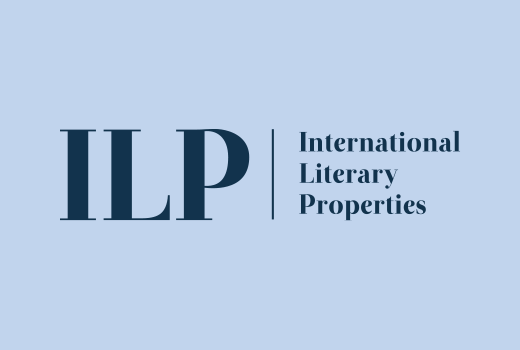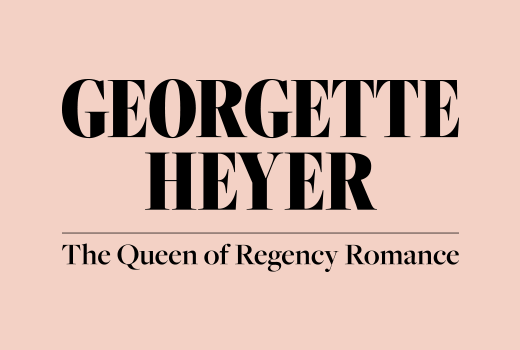About
John Creasey

John Creasey (1908-1973) was born in Southfields, Surrey to a working-class family and was the seventh of nine children. Before establishing himself as a full-time writer, Creasey worked in various clerical and sales jobs and received a staggering 743 rejections from publishers, earning him an entry in The Guinness Book of Records.
His first book was published in 1930 and his first crime novel Seven Time Seven was published in 1932. His writing career took off in 1937 when he won The Cracksman Award for Meet the Baron, a novel he typed straight onto carbon paper because he couldn’t afford typewriter ribbons. Creasey had spotted the competition in a newspaper containing fish and chips on his postman round while still in his 20s. Creasey’s perseverance and tenacity was extraordinary - and paid off. To date, his work has sold over 80 million copies in over 25 languages.
Although Creasey wrote some of his work in longhand, he also used an Hermès Ambassador typewriter equipped with three extra keys to facilitate speedy dialogue writing: it took him around a week to finish a book. His ingenuity extended to the way he approached format too. Creasey deliberately wrote the Toff, Dr Palfrey and his other early books as fast-reads that could be bought at Euston train station and finished by the time the reader arrived in Manchester or Liverpool. This care and attention to addressing who, how and when his audience engage with his work is another example of what makes Creasey so unexpectedly modern. He regularly produced between 15,000 and 20,000 words a day and wrote as many as 36 full length novels a year. His prolific output was possible in part because he was unable to join up for military service during World War II because of health issues linked to childhood polio. Instead, he contributed to the war effort by obsessively writing and publishing accessible, popular books to entertain others – 144 books in just 4 years. These were hugely successful and Creasey was flying high. He was also awarded the MBE for services to the UK’s National Savings Movement during wartime.

Soon after the war was over, Creasey sailed to New York on the Queen Mary to sell his new series and one off novels to top agents and editors in the world’s biggest book market. But he was over-confident. His wartime books, many written and delivered in under two weeks, were riddled with mistakes. Creasey left New York and returned to England rejected but not beaten. Instead, he sold the family home, learned to drive in spite of the challenges posed by his childhood polio and took his two sons out of school for 18 months. Together they drove from London to New York via South Africa, Pakistan, India, Australia, New Zealand and Canada, Creasey writing and selling his books along the way.
"Never submit an idea or chapter to an editor or publisher, no matter how much he would like you to. Writing from the approved idea is (another) gravely serious time-waster. This is your story. Try and find out what your editor wants in advance, but then try and give it to him in one piece."
– John Creasey
This extraordinary feat was a watershed moment for Creasey personally and professionally. It turned him into a professional, international writer. In fact, he travelled around the globe twice in his lifetime, often forming close working relationships with international publishers, preferring to work with them directly, without involving an agent. His work was used extensively across Europe and Asia to teach English as a foreign language and he was especially popular and successful in America. In 1962 Creasey won an Edgar Award for Best Novel from The Mystery Writers of America for Gideon’s Fire. In 1969 he was presented with the MWA’s greatest honour, the Grand Master Award.

Creasey was actively engaged in politics throughout his life. He was a committed member of the Liberal party and later became an independent. He founded a political movement advocating shared all-party responsibility and fought four by-elections. He was married four times in his life and had three sons and seven grandchildren. He also founded the famous Crime Writers’ Association. He died in Wiltshire in 1973.
Like so many other extraordinarily creative people, Creasey was almost certainly dyslexic. His neurodiversity is an important element of his drive and discipline in every part of his life and helps to explain why Creasey’s writing is so different, inspiring and relevant to modern audiences.



